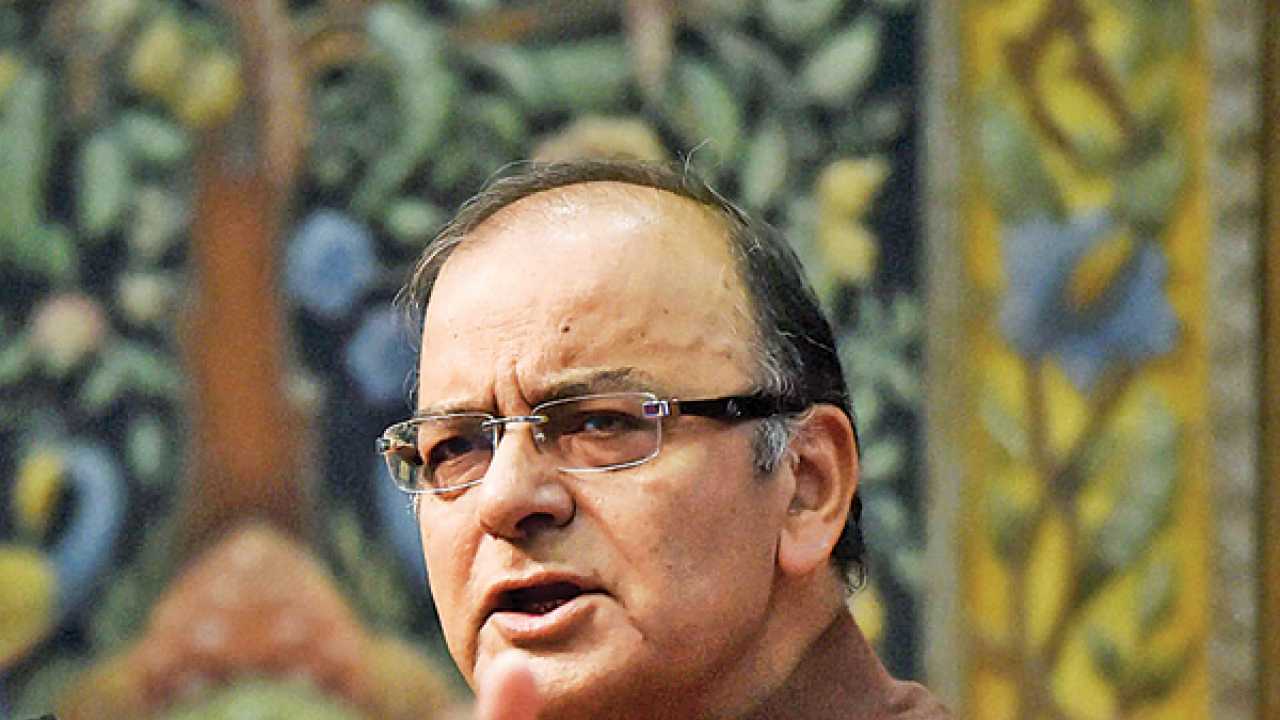
The wish-list
Increase deduction under Section 80C to Rs 2 lakh from Rs 1.5 lakh now
Raise medical insurance premium deduction under 80D to Rs 50,000 from Rs 35,000 now
Increase working women's and senior citizens' tax exemption to Rs 4 lakh
Hike deduction for investment in equity shares to Rs 50,000 from Rs 25,000
With just few days remaining for the finance minister to present the Union Budget, the common man who has nothing to do with the nitty-gritty of the volatile and evolving business world, hopes to see the effect of the strong measures taken by the government on inflation, education, taxation, affordable housing and so on.
The NDA government has had adequate time to plan this time for the budget, and it is crucial for the government to strike the right balance between high expectations and fiscal prudence.
We have listed out some of the most common expectations from the budget on a personal tax front, the foremost being an increased tax exemption limit for a higher disposable income, spending power and savings. This limit could be increased from the present Rs 2.5 lakh to Rs 3 lakh keeping in mind the inflationary scenario. As an incentive for working women's contribution to national economy and to benefit senior citizens, tax exemption for them could be raised to Rs 4 lakh.
Currently, an individual gets a deduction of Rs 1.5 lakh for expenditure on specified purposes/ investments under Section 80C. However, with too many investment/expenditures clubbed into this limit, there is a need to increase this deduction to Rs 2 lakh. Similarly, deduction under section 80D for medical insurance premium could be raised from Rs 35,000 (when policy covers senior citizen also) to Rs 50,000.
In the wake of the PM's 'Make-in-India' programme, Section 80CCF is expected to be reintroduced with an enhanced limit of Rs 50,000 instead of the erstwhile Rs 20,000 to promote investment in infrastructure sector.
With a view to accelerate the investments in capital markets, the deduction for investment in equity shares be enhanced from Rs 25,000 to Rs 50,000 without any limit imposed on the gross total income.
With spiraling costs, the exemption for transport allowance set ages ago of Rs 800 per month should be raised to Rs 2,000 per month and for medical expenditure reimbursement from Rs 15,000 per year to Rs 50,000 per year.
Due to higher professional educational costs, exemption for repayment of interest on education loans can be extended from 8 years to 10 years. Similarly, children education allowance of Rs 100 per month per child (for a maximum of two children) and hostel allowance of Rs 300 per month per child (for a maximum of two children) needs drastic revision to Rs 1,000 per child per month separately for education and hostel expenditure.
To augment the PM's blockbuster 'Jan-Dhan Yojana', the scope of section for deduction of Rs 10,000 on savings bank interest should be widened to incorporate interest on all types of deposits and further such limit should be raised to Rs 20,000, thereby inducing savings for the growth of the economy.
Presently, a salaried employee is taxed on his gross salary. The standard deduction from gross salary that was available till 2006 should be re-introduced to ease the tax burden of the employees due to rising cost of living.
Currently, a tax break for interest up to Rs 2 lakh is available on loan taken for acquisition of house property. With rocketing property prices, the tax break on interest could be raised to Rs 300,000 along with a separate tax break for principal repayment rather than inclusion in section 80C.
To conclude, with high expectations of "Acche Din" on one hand, and the need for 'fiscal prudence' on the other, it is hoped Jaitley does a fine balancing act and comes up with a forward looking and responsible budget.
The writer is partner - tax & regulatory services, EY India. Views are personal